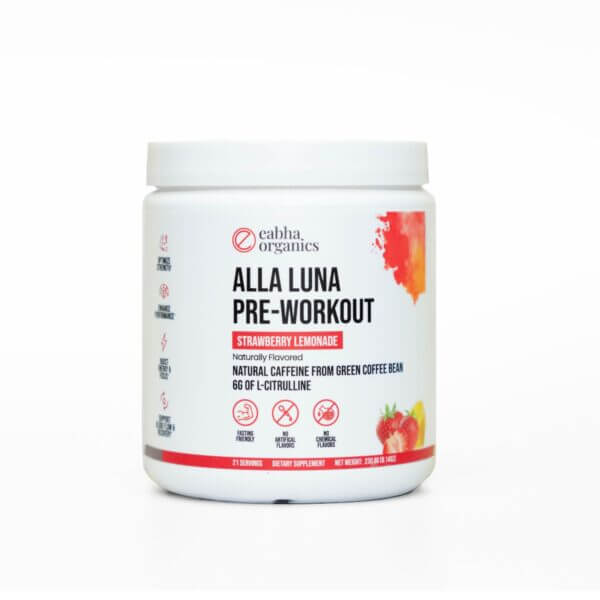Multivitamins are among the most commonly marketed supplements. They can be found everywhere — from TV commercials to billboard ads to supermarkets and online stores. Many people consume them, but the question is: are they necessary?
What is a Multivitamin?
Multivitamins are supplements that contain a blend of essential vitamins and minerals that your body requires to function properly. These blends are formulated to provide a balanced mix of nutrients that your body may not be able to get from your regular diet. The most commonly found types of multivitamin blends usually contain vitamins A, C, E, and K, a mix of B vitamins, and some combination of calcium, zinc, and magnesium.
Each of these vitamins and minerals has a specific role in maintaining optimal health. For instance, Vitamin A is essential for maintaining healthy vision, while vitamin C is necessary for maintaining a healthy immune system. Vitamin E acts as an antioxidant that protects your cells from damage, while Vitamin K plays a crucial role in blood clotting. A vitamin B complex helps your body produce energy and aids in red blood cell formation. Calcium, zinc, and magnesium are important minerals that support bone health, immune function, and muscle contraction, among other things.
By including a multivitamin in your daily routine, you can help ensure that your body receives all the necessary vitamins and minerals it needs to function at its best. However, it’s important to note that supplements should never replace a healthy diet and lifestyle.
Should we be taking multivitamins every day?
It is important to determine our nutritional needs before deciding on the need for supplementing with a multivitamin. Deficiencies in key nutrients such as B12, zinc, and D3 are common among people. While taking supplements can help, getting all your vitamins and minerals from a whole-food diet is always more beneficial. Whole foods not only provide all the necessary nutrients but also contain antioxidants that fight off free radicals. If you lack B12, B6, or biotin, try increasing your intake of red meat and eggs. If you don’t get enough zinc in your diet, try incorporating more oysters, meat, and pumpkin seeds into your meals. These foods are rich in micronutrients and will help support a strong and healthy body!
Do multivitamins actually work?
Of course, they can work! Multivitamins have become increasingly popular in recent years. Many people take them as a supplement to ensure they are getting enough essential vitamins and minerals that may be lacking in their diets. The benefits of taking a high-quality multivitamin are numerous and can improve overall health.
If you are deficient in certain vitamins or minerals, taking a multivitamin can certainly make a difference. For example, if you don’t consume enough B12 in your diet and take it as a supplement, you will likely see an improvement in your energy levels and cognitive function. Similarly, if you don’t get enough vitamins A, C, E, or zinc, you may see a difference in your immune function and skin health by taking a multivitamin.
While it is always best to obtain essential vitamins and minerals from a healthy, well-rounded diet, many people fall short due to busy schedules or limited access to certain foods. In these cases, taking a multivitamin can be a great choice to ensure you are getting the nutrients you need. However, it’s important to note that multivitamins should never be used as a replacement for a healthy diet.
In conclusion, taking a high-quality multivitamin can be an excellent way to supplement your diet and ensure you are getting the essential vitamins and minerals your body needs. By doing so, you can improve your overall health and well-being, and feel your best every day.
What to Look for in a Multivitamin:
When picking a multivitamin, it is important, to choose a high-quality brand. To ensure the effectiveness of the supplement, each vitamin and mineral should be dosed with enough milligrams. Taking a multivitamin that lacks sufficient amounts of each vitamin will not cause harm, but it is not optimal. Therefore, always read the nutritional facts label to check for additives, preservatives, fillers, and chemicals that are commonly present in many supplements. Avoid unnecessary ingredients, and choose the supplement with proper dosages for the best possible results.
Who May Benefit from a Multivitamin?
Many of us consume highly processed foods, which provide an estimated 60% of our daily calorie intake. This trend is making it increasingly difficult to meet our daily requirements for essential vitamins and minerals. Unfortunately, many Americans do not consume enough nutrient-dense foods such as vegetables and fruits, which can leave us deficient in key nutrients necessary for maintaining a healthy body. If you are someone who does not consume a whole foods diet, supplementing with a multivitamin may be a wise choice to ensure that you are meeting your daily nutrient needs.
Bottom Line
It’s important to note that multivitamins should not be considered a quick fix or a substitute for a poor diet. Rather, they should be viewed as an additional tool to help us achieve our health goals and maintain a strong and healthy body. Even if you consume a healthy diet, taking a multivitamin a few times a week can help ensure that you are getting all the necessary vitamins and minerals your body needs. With the right balance of nutrients, you can keep your bones, brain, heart, and immune system functioning properly. So, incorporating a multivitamin into your routine can be a beneficial addition to your overall health.










One Response